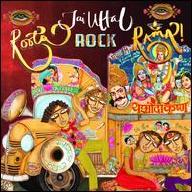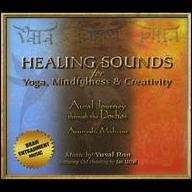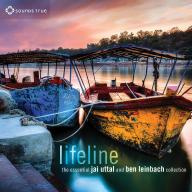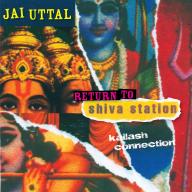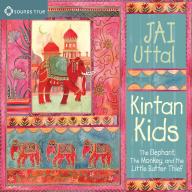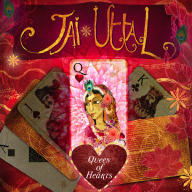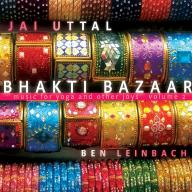Jai Uttal
Biography
Jai Uttal has played Motown songs in cover bands and busked for change on the streets. Both of those experiences have stood him in good stead for his musical career, which finds his music straddling the divide between world and new age. Born in New York City in 1952, Uttal grew up in the music business -- his father worked for a record label -- and at the age of seven he began piano lessons. Those were followed by banjo, guitar, and harmonica as Uttal began to discover American roots music, most especially the old-time banjo picking of Appalachian musician Roscoe Holcomb. But his true spiritual epiphany came when he was 17 and first heard Indian music, which "touched my heart like sounds of my home," he said. "Then I got all the Indian albums I could, and jammed along on guitar with Ravi Shankar records." His obsession became so great that at the age of 19 he headed for the West Coast, to study sarod and voice with the legendary Ali Akhbar Khan. Eighteen months after that he traveled even further -- to India itself, to experience the music and the culture first-hand. Renting a house in the Bengal city of Bhopur for $15 a month, he came to know singing street musicians the Bauls of Bengal, and started playing and traveling with them. On his return to the U.S., he became more diligent in his study of Indian music, while supporting himself by playing guitar in bands whose material ranged from Motown covers to punk to blues. His break came in 1991 when Triloka released his debut, Footprints, which included an appearance by jazz and world music innovator Don Cherry. With his band, the Pagan Love Orchestra, Uttal continued to mine spiritual, Indian-inflected music two years later on Monkey, which hit the Top Ten on the world music charts. Uttal also found himself producing his mentor, Khan, for two records, Journey and Garden of Dreams, which found the maestro working with a Western orchestra for the first time. Uttal's next release, 1994's Beggars and Saints was his tribute to the Bauls of Bengal, in thanks for his formative time in Bhopur. Three years later came Shiva Station, which was mixed by innovative producer Bill Laswell. After that he concentrated on touring with his band rather than recording. A compilation of his four Triloka albums appeared as Spirit Room in July 2000, shortly before the self-released Live Kirtan and Pagan Remixes, which, along with remixes of three Pagan Love Orchestra tracks, was comprised of chanting by Uttal recorded live in a yoga studio. It was followed by another remix EP, Guru Brahma/Malkouns, which included two cuts mixed by Asian Underground star Talvin Singh. ~ Chris Nickson, Rovi
Top Tracks
Albums
Videos
Close


